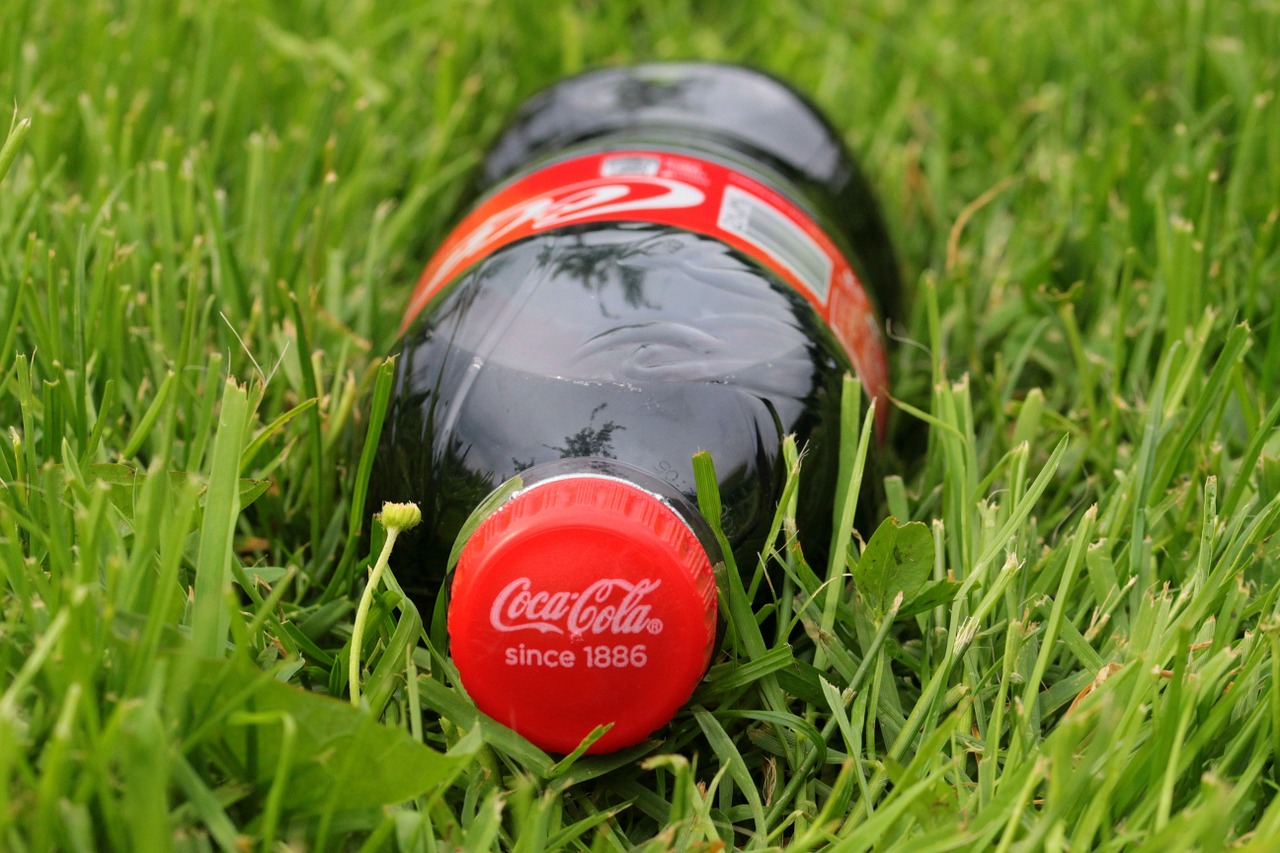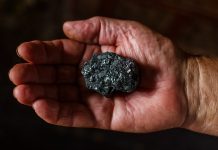
Multinational beverage company Coca-Cola has announced that it will not stop using single-use plastic bottles because consumers still want them.
Bea Perez, head of sustainability at Coca-Cola, said the company will not stop using plastic bottles as consumers still like them because they reseal and are lightweight.
The company is one of the biggest producers of plastic waste and has pledged to recycle as many plastic bottles as it uses by 2030. However, environmentalists argued that many Coke bottles would still go uncollected and end up in landfill.
Coca-Cola produces about three million tons of plastic packaging a year or approximately 200,000 bottles a minute. A global audit of plastic waste conducted by the charity Break Free from Plastic in 2019 revealed that the beverage giant is the most polluting brand globally.
Speaking at the World Economic Forum in Davos, Perez said the firm has acknowledged its role to be "part of the solution". Coca-Cola has pledged to use at least 50% recycled material in its packaging by 2030 and has partnered with NGOs worldwide to improve collection.
However, Perez emphasized that the company could not outright abandon its use of plastic as some campaigners called for. She argued that this could alienate customers and affect sales.
She also pointed out that using only aluminium and glass packaging could actually increase the firm's carbon footprint.
She said: "Business won't be in business if we don't accommodate consumers. So as we change our bottling infrastructure, move into recycling and innovate, we also have to show the consumer what the opportunities are. They will change with us."
Perez also said that she respected the idealism of youth activists, such as 19-year-old campaigner Melati Wijsen, who with her sister Isabel, convinced the island of Bali to prohibit single-use plastic bags, straws and styrofoam in 2019.
The sisters focused on how such plastics were clogging up the seas around Bali, harming marine life.






